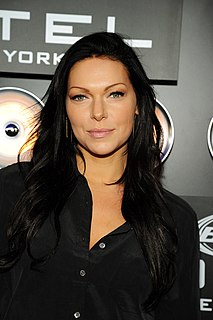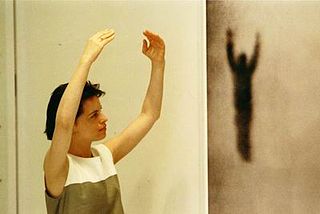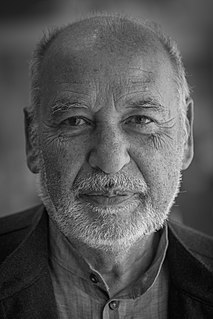A Quote by Ray Bradbury
Do three things each night before you go to bed: read a poem, read a short story, read an essay.
Related Quotes
The best advice I can give on this is, once it's done, to put it away until you can read it with new eyes. Finish the short story, print it out, then put it in a drawer and write other things. When you're ready, pick it up and read it, as if you've never read it before. If there are things you aren't satisfied with as a reader, go in and fix them as a writer: that's revision.
The best way is to read it all every day from the start, correcting as you go along, then go on from where you stopped the day before. When it gets so long that you can't do this every day read back two or three chapters each day; then each week read it all from the start. That's how you make it all of one piece.
Truly fine poetry must be read aloud. A good poem does not allow itself to be read in a low voice or silently. If we can read it silently, it is not a valid poem: a poem demands pronunciation. Poetry always remembers that it was an oral art before it was a written art. It remembers that it was first song.
To make a long story short, I auditioned for the role of Piper because I read the pilots every year and this show was head-and-shoulders above any pilot I've read in awhile. It was amazing. So, I read for Piper and I knew that I wasn't really right for it, but I loved it so much that I wanted to read for it.
I'm always amazed at friends who say they try to read at night in bed but always end up falling asleep. I have the opposite problem. If a book is good I can't go to sleep, and stay up way past my bedtime, hooked on the writing. Is anything better than waking up after a late-night read and diving right back into the plot before you even get out of bed to brush your teeth?





































